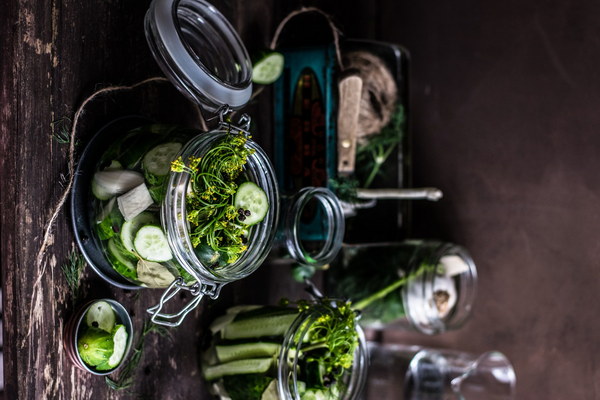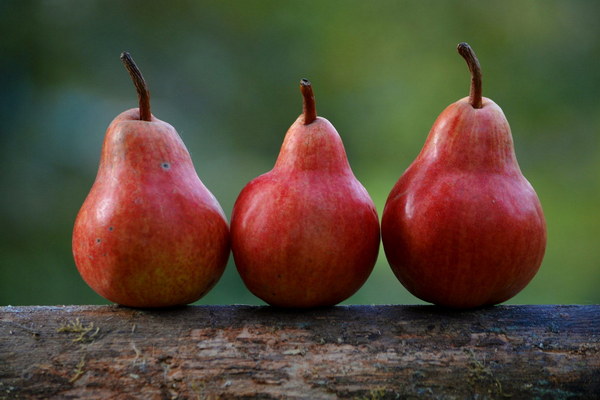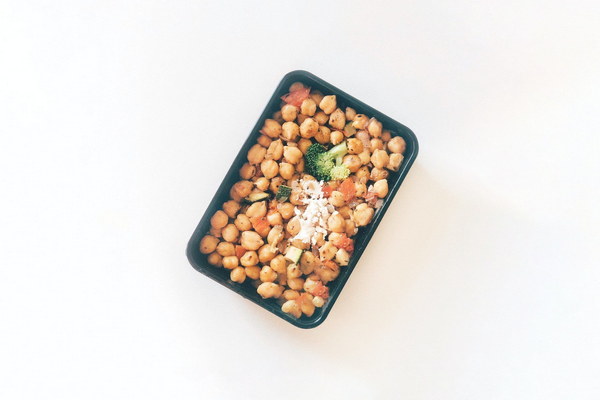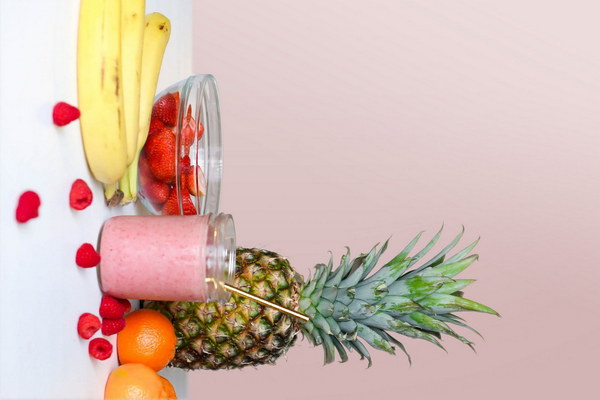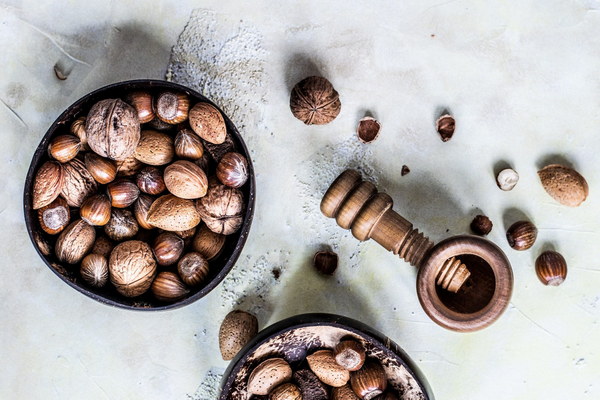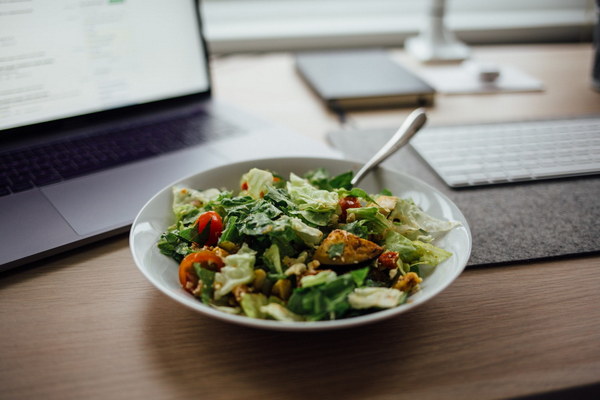Revitalizing Your Middle Qi A Dietary Guide for Treating Spleen Deficiency and Low Qi Syndrome
Introduction:
Spleen deficiency and low Qi syndrome are common health conditions that can lead to various symptoms such as fatigue, bloating, diarrhea, and weak immunity. Traditional Chinese Medicine (TCM) offers a holistic approach to treating these conditions, with dietary therapy being a key component. This article provides a comprehensive dietary guide for those suffering from spleen deficiency and low Qi syndrome, focusing on foods that can help revitalize your middle Qi and improve overall well-being.
1. Understanding Spleen Deficiency and Low Qi Syndrome:
Spleen deficiency refers to a condition where the spleen is unable to perform its essential functions, such as transporting nutrients and maintaining blood and Qi. Low Qi syndrome is a result of the spleen's weakened function, leading to a decrease in overall energy levels. Both conditions can be caused by poor diet, stress, and other factors.
2. Foods to Include in Your Diet:
To combat spleen deficiency and low Qi syndrome, it's essential to incorporate specific foods that can help strengthen the spleen and boost Qi. Here are some key foods to include in your diet:
a) Sweet Potatoes: Rich in beta-carotene, vitamins, and minerals, sweet potatoes are a great source of energy and can help replenish Qi. They are also easy to digest, making them suitable for spleen deficiency.
b) Brown Rice: A staple in many Asian diets, brown rice is a nourishing food that strengthens the spleen and helps regulate digestion. It's also rich in B vitamins, which are essential for energy production.
c) Quinoa: This gluten-free grain is packed with protein, fiber, and nutrients that support the spleen and boost Qi. It's also easy to digest, making it an ideal choice for those with spleen deficiency.
d) Legumes: Beans, lentils, and chickpeas are excellent sources of protein, fiber, and essential nutrients that can help strengthen the spleen and improve digestion. They also provide a good source of iron, which is crucial for maintaining healthy blood and Qi levels.
e) Root Vegetables: Vegetables like carrots, beets, and turnips are known for their spleen-nourishing properties. They are rich in vitamins, minerals, and fiber, which can help improve digestion and boost energy levels.
f) Poultry and Lean Meat: Chicken, turkey, and lean pork are good sources of protein and B vitamins, which are essential for energy production and spleen function. Choose organic, free-range options to ensure the highest quality and nutritional value.
3. Foods to Avoid:
While incorporating the right foods is essential, it's also crucial to avoid certain foods that can exacerbate spleen deficiency and low Qi syndrome. Here are some foods to steer clear of:
a) Cold and Raw Foods: Cold and raw foods can weaken the spleen and slow digestion. This includes cold drinks, ice cream, salads, and raw vegetables.

b) Excessive Sugar and Refined Carbs: Foods high in sugar and refined carbs can deplete Qi and weaken the spleen. This includes candy, sugary drinks, white bread, and pastries.
c) Spicy and Stimulants: Spicy foods and stimulants like caffeine can disrupt the spleen's function and lead to further energy depletion. It's best to minimize or avoid these foods altogether.
4. Additional Tips for a Spleen-Nourishing Diet:
a) Eat Small, Frequent Meals: Eating small, frequent meals throughout the day can help maintain stable energy levels and support the spleen's function.
b) Cook Your Foods Thoroughly: Cooking your foods can make them easier to digest and more nourishing for the spleen.
c) Choose Organic, High-Quality Ingredients: Opt for organic, high-quality ingredients to ensure the highest nutritional value and minimize exposure to harmful substances.
Conclusion:
By incorporating the right foods and avoiding those that can exacerbate spleen deficiency and low Qi syndrome, you can help revitalize your middle Qi and improve your overall well-being. Remember to consult with a healthcare professional or a TCM practitioner for personalized dietary recommendations and treatment plans.

